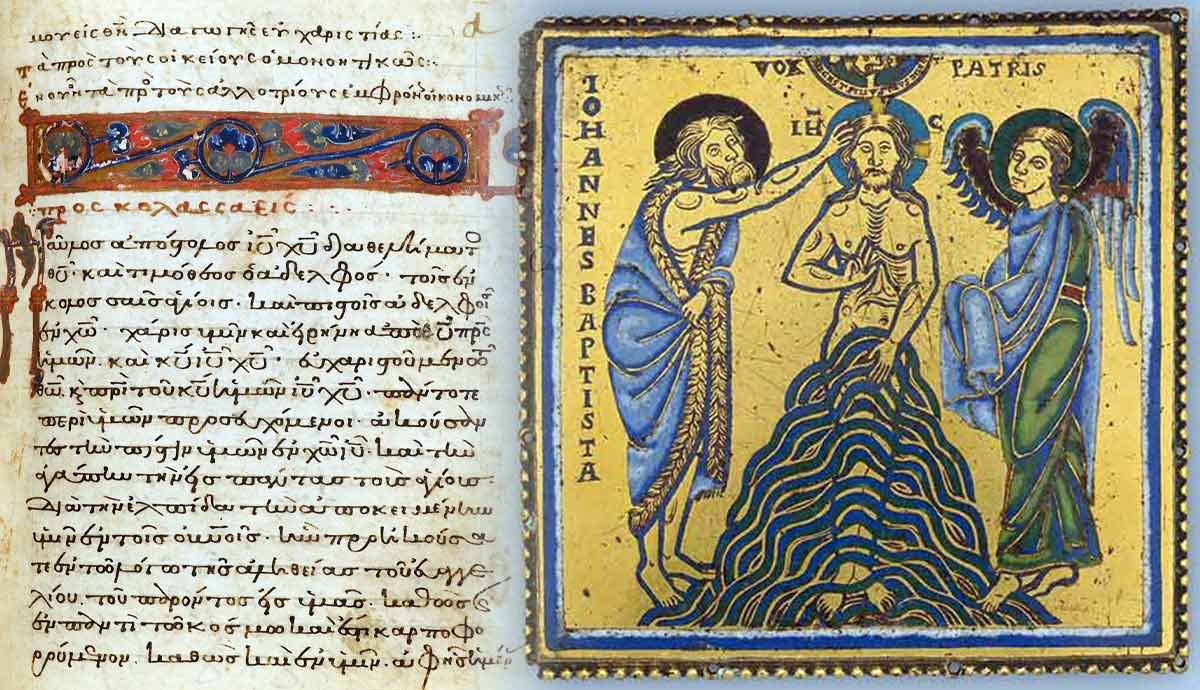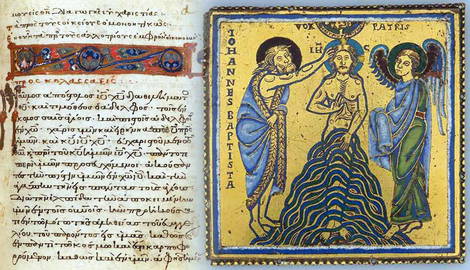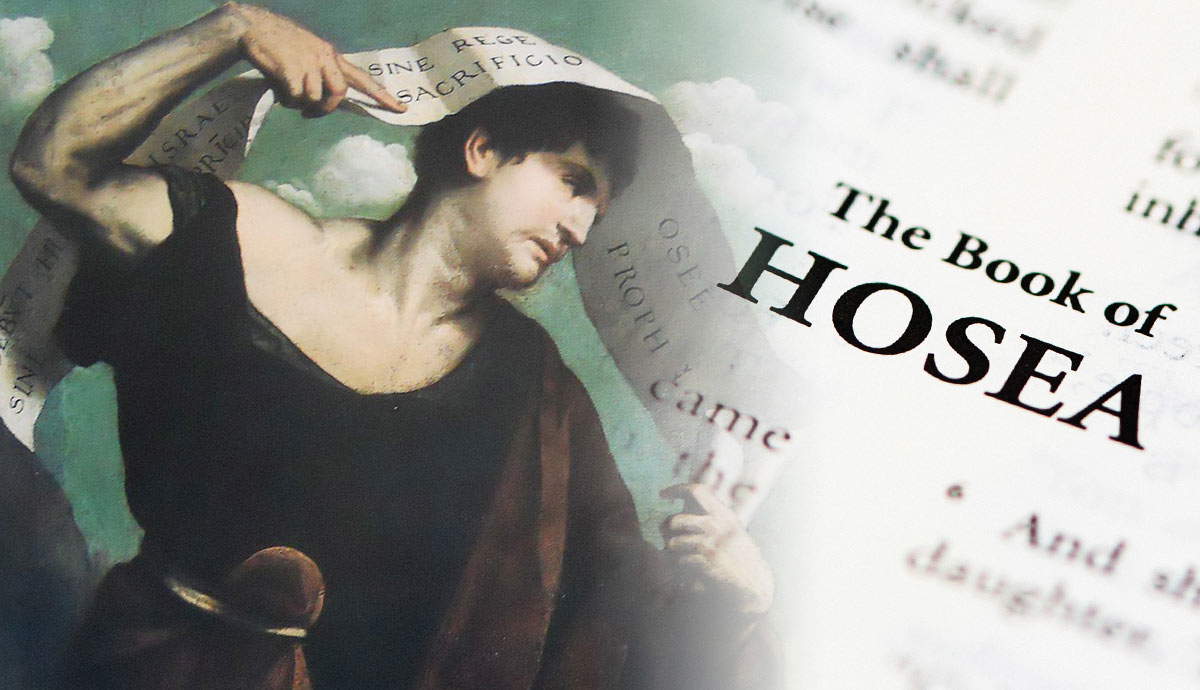
Some scholars believe the Letter to the Colossians is a Deutero-Pauline Epistle, in other words, one of the disciples of Paul or a Pauline school wrote it in the spirit of Paul. Whoever the author was, Colossians is a significant epistle in the Pauline corpus that still speaks to contemporary Christians.
Authorship and Date

Colossians itself claims Paul as its author, accompanied by Timothy (Colossians 1:1). The style and theology align with other authentic Pauline letters, and some early church fathers like Ignatius and Polycarp attributed the letter to Paul.
However, some scholars note significant differences in the language and style of the letter. In some places, it differs from other letters commonly attributed to Paul. There are also some differences in the theological focus since the letter includes mystical and cosmic elements. These differences cause some people to consider the letter inauthentic. They claim Colossians was either written by a secretary at Paul’s direction or perhaps even later by a disciple of Paul who attributed it to Paul to continue the Pauline tradition.
If we accept Paul as the author, the letter dates to his first imprisonment in Rome sometime between 60 and 62 CE.
Historical Context

Epaphras, a native of Colossae, traveled to Ephesus, where Paul resided for three years during his third missionary journey. Epaphras converted to Christianity and, on his return to Colossae, shared the gospel and others converted as he did. Colossae, at that time, was a small town, though it had been much larger a couple of centuries before.
During Paul’s imprisonment in Rome, Epaphras went to visit Paul. He updated the evangelist on the status of the church in Colossae and shared some challenges the church faced. In answer, Paul wrote to the Colossians, never having visited them before.
From the letter, the reader can glean that some false teachings were doing the rounds in the congregation. Paul writes to correct these errors and clarify matters for the believers there. The false teaching took three forms: Jewish legalism, mysticism, and ascetic living.
Paul writes to the Colossians to explain that Christ is the fullness of God revealed to them, and they do not need these strange practices to attain that fullness.
Structure

Salutation (Colossians 1:1-14)
Paul starts with the typical Pauline greeting, identifying himself and Timothy as the senders and bidding them grace and peace. He then offers a prayer for the Colossians.
Preeminence of Christ and Paul’s Ministry (Colossians 1:15-2:5)
Paul speaks of the preeminence of Christ and praises Christ. Paul then transitions to stating that he, Paul, is a minister of that message and he details how the message relates to his ministry, suffering, and mission.
Addressing Errors (Colossians 2:6-23)
Paul addresses errors relating to Jewish legalism, mysticism, and ascetic living.
Christian Living (Colossians 3:1-4:1)
Paul addresses Christian conduct in terms of purity of thought and sexual behavior. He also speaks to the roles of men, women, children, and bondservants in the Christian household.
Christian Demeanor When Speaking (Colossians 4:2-4:6)
Paul asks the Colossians to be aware of how they speak to “outsiders,” noting that their words should resound with grace and that wisdom should guide how they deal with the unconverted.
Greetings (Colossians 4:7-4:18)
Paul tells the Colossians what Tychicus and Onesimus will share with them, indicating that they carried the letter to Colossae. Paul then greets specific people in the church and sends the regards of those with him at the time of writing.
Main Themes

The Preeminence of Christ
The first theme Paul focuses on is the preeminence of Christ. He recognizes him as the “image of the invisible God,” the firstborn over all creation, the creator of all things, the head over the church, and the firstborn (in status and authority, not sequence) from the dead. By highlighting these points, Paul shows that the fullness of God dwells in Christ and that Christ alone can reconcile man with God.
False Teaching
Paul addresses strange practices that entered the Colossian church. It seems like some Jewish converts may have insisted that the church adopt Jewish ceremonial practices such as circumcision, keeping to dietary laws, and observing ceremonial sabbaths. In addition, angel worship and an over-emphasis on visions distracted believers from what Paul considered essential to the faith. In his address, Paul refers to ascetic practices that were prevalent among them and warned that these issues distracted the Colossian church from what was important.
The Christian Household
Paul instructs on the conduct of wives, husbands, fathers, children, and slaves in the Christian household. Today, many consider his words in chapter three contentious because they reflect the patriarchal values of the time.
Christian Demeanor
Paul understood the value of proper demeanor when speaking to unconverted souls. He asked the believers in Colossae to pray that he would share the gospel clearly and in a way befitting the message. He also implores the Colossians to deal wisely with those they aim to reach with the gospel, speaking words filled with grace rather than judgment.
Key Passages

Colossians 1:15-17
“He is the image of the invisible God, the firstborn of all creation. For by him, all things were created, in heaven and on earth, visible and invisible, whether thrones or dominions or rulers or authorities — all things were created through him and for him. And he is before all things, and in him all things hold together.”
Paul emphasizes that Christ is the personification of God in the flesh. Christ is the creator and keeper of all creation.
Colossians 2:16-17
“Therefore let no one pass judgment on you in questions of food and drink, or with regard to a festival or a new moon or a Sabbath. These are a shadow of the things to come, but the substance belongs to Christ.”
Paul explains that some rituals of the ancient Israelite ceremonial system foreshadowed Christ. Now that Christ has come, the shadow has become substance and there is no more need to adhere to rituals and practices that have met its fulfillment.
Colossians 3:1-3
“If then you have been raised with Christ, seek the things that are above, where Christ is, seated at the right hand of God. Set your mind on things that are above, not on things that are on earth. For you have died, and your life is hidden with Christ in God.”

As Paul has highlighted to other churches, guarding your thoughts is imperative to Christians. Here, Paul uses different words to convey the same message, telling the believers in Colossae to set their minds on eternal things rather than on the temporal.
Colossians 4:5-6
“Walk in wisdom toward outsiders, making the best use of the time. Let your speech always be gracious, seasoned with salt, so that you may know how you ought to answer each person.”
To Paul, missionary work was of the utmost importance. He was painfully aware that a missionary could be the greatest obstacle to missionary work if the demeanor undermined the message. After asking for prayer so he could share the gospel as he ought to, Paul advises the Colossians to be wise when dealing with the unconverted and to speak with grace in a way that would preserve the words shared in the mind of the audience.
Contemporary Relevance

The first chapter of Colossians highlights the preeminence of Christ. It presents the timeless truth about the nature and character of Christ. The Letter to the Colossians helps contemporary Christians understand who Christ is and what he has done for them.
The letter helps Christians today navigate some of the same challenges the Colossians faced due to false teachings. Today, some people promote the same ceremonial Jewish practices in a Christian context, also attempt to incorporate mysticism in the practice of their faith and promote ascetic lifestyles as authentically Christian. By studying and understanding the principles taught by Paul, believers today can avoid such deceptions.
Many Christians consider the guidance to the Colossians on the Christian household as valid and helpful to establish a lifestyle in harmony with biblical principles. Though some of the elements Paul spoke to are no longer relevant or take a different form in modern society, such as having bondservants, the guidance on conduct remains valuable when adapted to the contemporary context.
Much of the criticism of Christianity stems from incorrect Christian conduct and the way Christians condemn and judge others. Their conduct, rather than the biblical principles, is offensive. For that reason, Paul’s guidance on speech is invaluable today. Attempting to proclaim Christ, many Christians deny Christ by their conduct while doing so.
The Letter to the Colossians is of great value to the believer who is serious about establishing a lifestyle consistent with spiritual growth and maturity. Though a short letter, it addresses various important topics that provide the principles necessary to navigate most of the Christian lifestyle.










